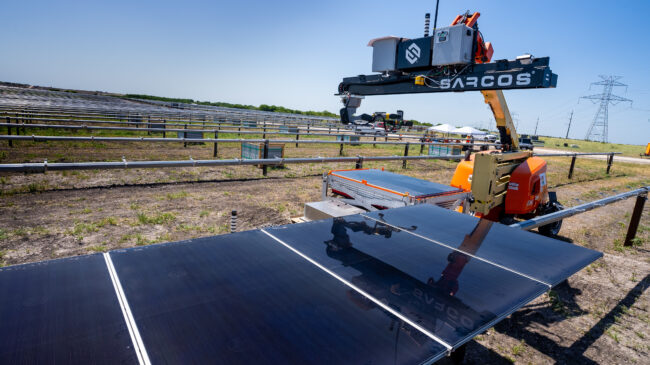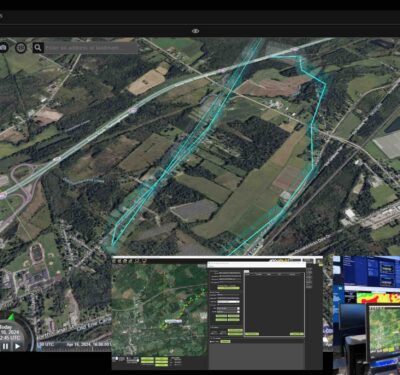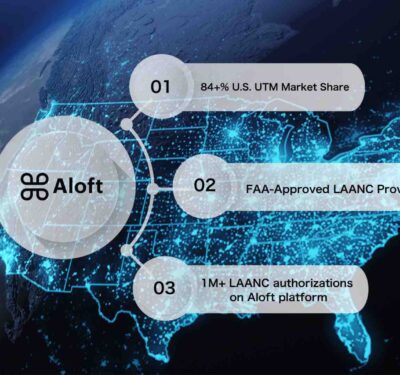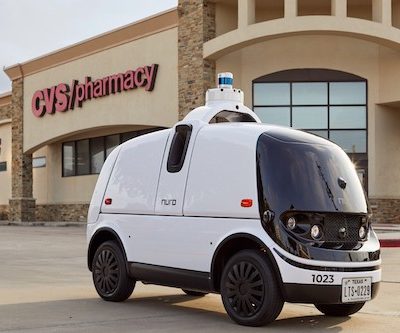
SALT LAKE CITY—Sarcos Technology and Robotics Corp. and Blattner Co., which provides and installs renewable energy, will collaborate on developing and refining Sarcos’ autonomous mobile robotic system to make the installation of photovoltaic modules on solar projects safer and more efficient.
“Like many industries, the solar construction industry is experiencing significant worker shortages post-COVID and has not yet recovered,” said Laura Peterson, interim president and CEO of Sarcos. “Our autonomous robotic solar construction system is expected to ease these workforce challenges while improving overall safety and speed in the solar installation process.”
Robotic technology is becoming critical to the global effort to increase solar power output, given worker shortages and the labor-intensive solar installation process. According to the Solar Energy Industries Association (SEIA), annual solar installations will need to increase by 60% through 2030 to meet climate targets, which would require nearly 800,000 new solar workers. Robotics hold the promise of increasing worker productivity to mitigate labor pressures in this market while simultaneously improving safety on the job.
“We are extremely optimistic about the use of robots for solar construction to help address the workforce shortages, productivity, and safety challenges that are currently slowing down the progress of U.S. solar initiatives,” said Matt Hadsell, senior manager – innovation and development at Blattner. “We are committed to working with Sarcos to refine their autonomous robotic solar construction system so that we can be one step closer to achieving our nation’s clean energy goals.”
This effort will also build upon the Sarcos Outdoor Autonomous Manipulation of Photovoltaic Panels (O-AMPP) project, funded through the support of the U.S. Department of Energy’s Solar Energy Technologies Office and which aims to streamline solar field construction.
The robotic system is being designed and developed to deliver, detect, lift, and place PV modules in the field to improve worker safety and productivity, enabling smaller teams to install modules at a higher rate while still being safe; and improve construction speed and quality.
Sarcos and Blattner will conduct a series of field trials over the next several years in which Blattner will provide funding, expertise and facilities for testing. The companies intend to test the system through varying environmental conditions across different sites in preparation for Sarcos’ commercial launch of the system, currently estimated for late 2024.





